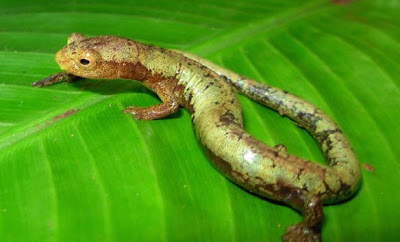
NASA is ready to utilize a new tool in the hunt for alien lifeforms, it is called the Kepler Telescope and it is designed to survey a region of the Milky Way and potentially discover hundreds of Earth-like planets in habitable zones around other stars. Scientists say it could also spot telltale signs of intelligent life, if it exists, in the patters of light coming from those stars.
They plan to focus the Kepler in on a specific section of the galaxy, to observe over 100,000 stars in the next 4 or 5 years. They are looking for tiny, regular changes in how much light is coming from the stars, relative to Kepler's view, which may be caused by a planet passing in front of its parent star.
The technique, in use for about a decade, has helped astronomers discover more than 300 large planets. Kepler is intended to hone in on smaller worlds, like Earth, that are well positioned around their parent stars for Earth-like life.
Are you ready for what the Kepler will find? Here is a video of a SETI (Search for Extra Terrestrial Life) Astronomer explaining what that might be.



